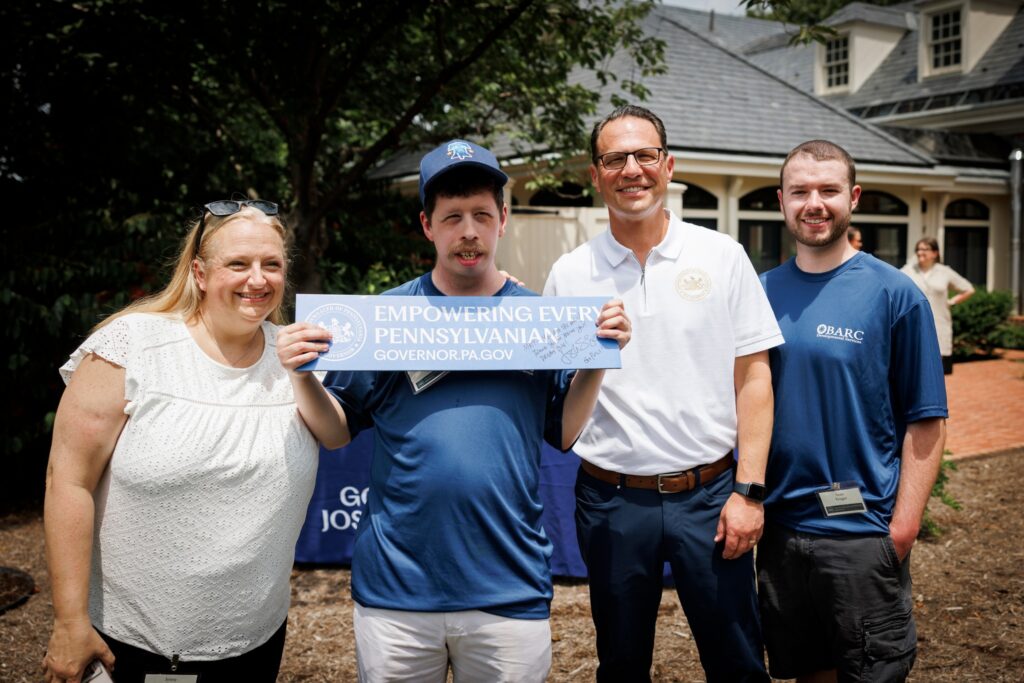Self-advocacy is an important practice that brings empowerment, confidence, and personal growth. When a person can speak up for their interests, needs, and desires, they gain a sense of control over their path in life. For individuals with autism or intellectual disabilities, developing these skills can boost self-esteem and reduce vulnerability. Although each person’s journey is different, self-advocacy offers a reliable way to enhance social participation, personal independence, and overall quality of life.
What Is Self-Advocacy?
Self-advocacy is the process of learning to understand one’s own strengths, challenges, and preferences, then voicing those insights effectively. It combines self-awareness and communication skills, enabling a person to express their viewpoints, make informed choices, and seek support when necessary. It is not about defiance or dismissing professional guidance. Instead, self-advocacy focuses on having a seat at the table, being heard, and taking part in decisions that impact one’s everyday life.
For many individuals with autism or intellectual disabilities, self-advocacy begins with noticing their personal needs and preferences. Some people learn best with visual aids or short verbal instructions. Others prefer a structured environment to navigate social or educational tasks. Recognizing these personal patterns is a crucial first step in advocating for them, whether in classrooms, workplaces, or community settings.
Why Self-Advocacy Matters
When individuals discover their voices, they gain more than the ability to speak up. They also build confidence. Feeling in charge of one’s life directly influences motivation and encourages individuals to set and pursue goals. Self-advocacy helps people communicate essential information, such as sensory needs or desired job opportunities, in ways that promote better understanding from others.
This heightened sense of control can reduce frustration and anxiety by resolving situations before they become overwhelming. For example, if a person with sensory sensitivities advocates for modifications at home or work, they may be able to create a more comfortable environment, leading to reduced stress. When people feel they can shape their experiences, they are more likely to embrace new challenges. Whether it is asking for accommodations in a group activity or requesting additional training on the job, self-advocacy lies at the heart of personal progress.
Ways to Develop Self-Advocacy Skills
Recognize Strengths and Challenges
Encouraging self-awareness is the foundation for advocacy. When an individual identifies what they excel at, they can highlight those strengths in social, educational, or work contexts. At the same time, understanding personal struggles helps them know when to request assistance. This recognition can come through structured reflection or guided conversations that promote honesty and insight.
Build Communication Abilities
Effective expression is crucial for self-advocacy. Improving communication may involve getting speech therapy, using alternative communication devices, or practicing social scripts. Role-playing scenarios can help individuals prepare for real-world conversations. Developing the ability to convey one’s thoughts, feelings, and questions increases the likelihood that others will listen and respond with helpful support.
Practice Decision-Making
Daily life presents an array of choices, from selecting a favorite meal to determining where to live. Actively practicing decision-making builds confidence. Some individuals start with a few options, gradually working toward more complex decisions. By evaluating choices and reviewing outcomes, they learn to feel comfortable asserting their preferences and needs.
Foster Problem-Solving Approaches
Self-advocacy involves finding solutions to challenges. Encouraging people to think critically about everyday hurdles strengthens their ability to advocate for themselves. Techniques such as brainstorming possible outcomes, breaking problems into manageable steps, and reviewing lessons learned can nurture independent thinking. These skills are vital in settings where immediate decisions and quick adaptations are required.
Nurture Social Support Networks
Allies can make a meaningful difference. Friends, family members, educators, and support professionals often work together to help individuals with autism or intellectual disabilities manage life’s demands. Support networks also provide emotional backing and offer advice on navigating complex systems. A person who knows where to turn for help is more likely to confidently express their needs and self-advocate.
Engage in Community Programs
Local and regional initiatives often present opportunities for skill-building, volunteer work, and social engagement. Participating in programs tailored to individuals with developmental disabilities fosters community integration and builds confidence. Practice in these real-world settings, accompanied by guidance from qualified staff, can accelerate a person’s self-advocacy journey.
BARC Developmental Services: A Path Toward Empowerment
BARC Developmental Services provides a host of programs that are vital resources for individuals seeking to strengthen self-advocacy skills. Through specialized workshops, vocational training, and community-based experiences, BARC helps people identify personal goals and map out steps for achieving them. Staff and volunteers create supportive environments that encourage individuals to express their interests and aspirations. By working with caregivers, families, and local organizations, BARC empowers individuals with autism or intellectual disabilities to communicate effectively, develop practical skills, and take an active role in their personal growth.
If you or someone you know could benefit from programs that encourage skill-building and self-advocacy, explore our services today! We are dedicated to helping individuals with autism or intellectual disabilities experience greater independence, confidence, and fulfillment. By taking advantage of these resources, participants become more engaged in their communities, celebrate their strengths, and continue building the skills necessary to thrive.
Located in Bucks County, Pennsylvania, BARC Developmental Services assists and supports individuals with intellectual disabilities and autism. We equip them to reach their fullest potential, lead happy lives, and contribute to their community. With early intervention services, residential programs, and vocational initiatives, we serve hundreds of individuals and aim to help many more. Donate today to make impactful change in the lives of individuals with intellectual disabilities and autism!

